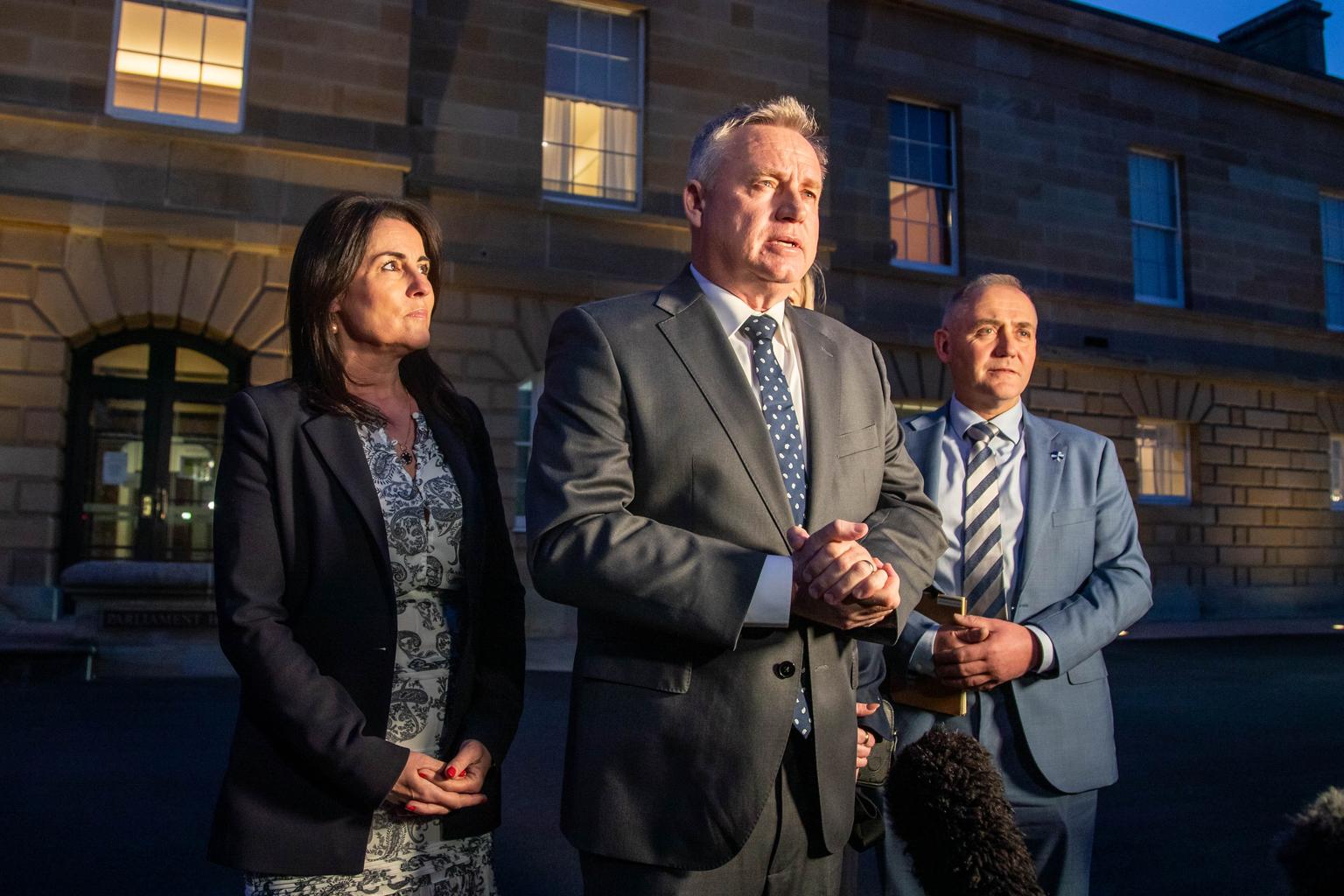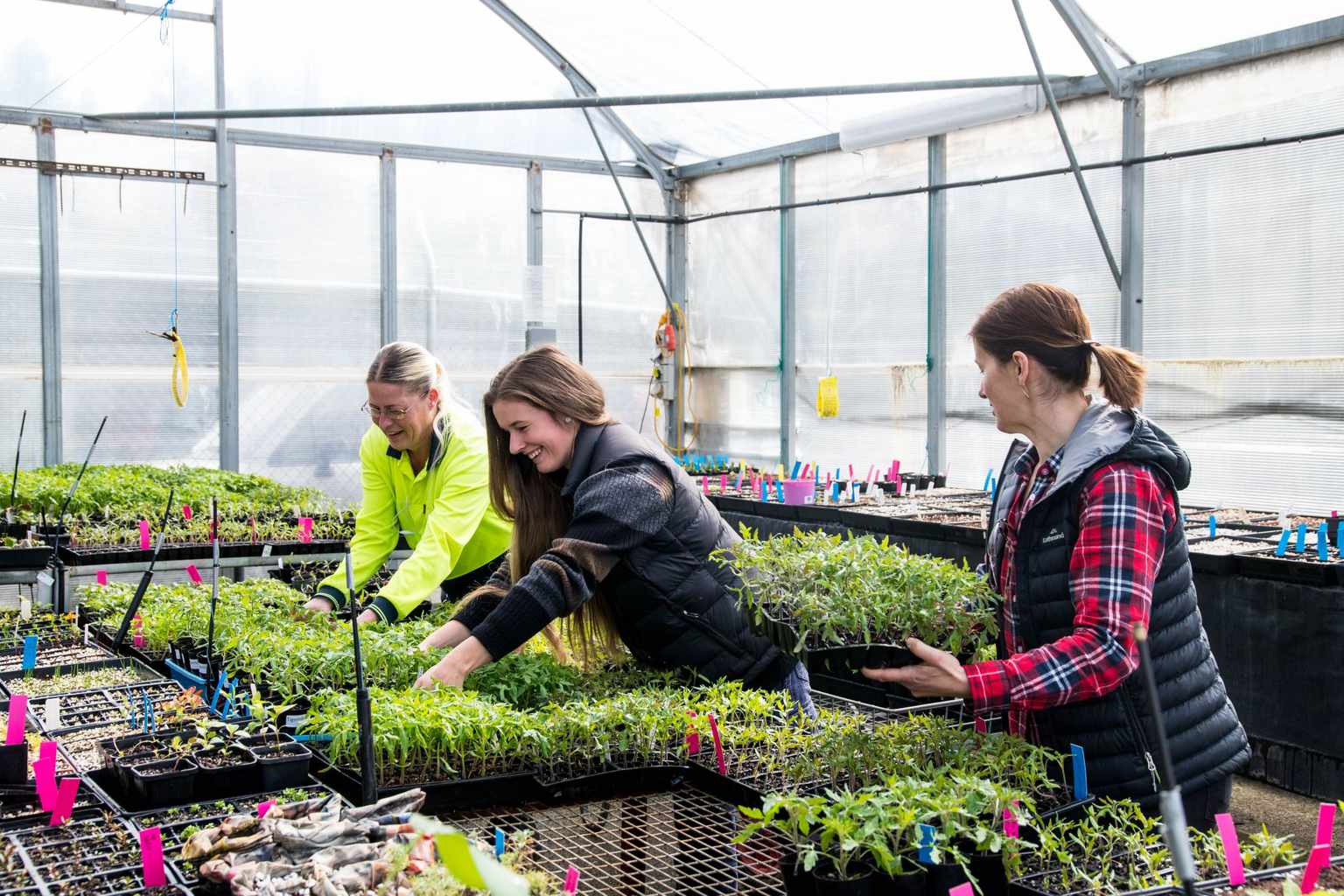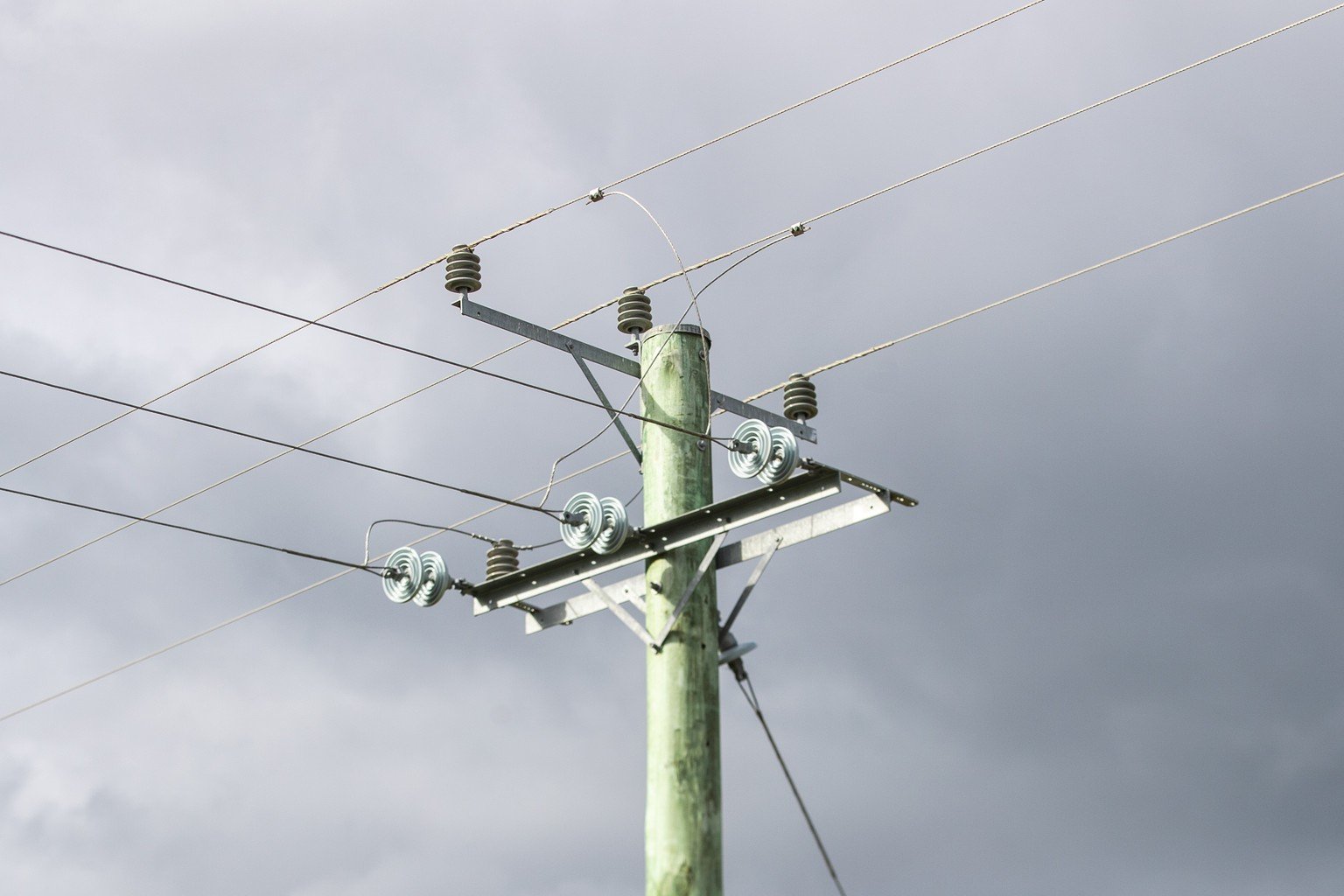The University of Tasmania has been ranked first in the world for Climate Action for the fourth consecutive year in the prestigious Times Higher Education Impact rankings.
In addition to maintaining its top spot for Climate Action, the university has achieved another world-first ranking in the Life on Land category and placed fourth overall when assessed across all 17 United Nations Sustainable Development Goals.
The 2025 rankings evaluated more than 2500 universities from 130 countries, an 18% increase in participating institutions from the previous year.
UTAS Vice-Chancellor Professor Rufus Black attributed the success to the university community’s commitment to sustainability.

“The transformative relationships that we have throughout the Tasmanian community and globally underpin our progress towards holistic sustainability,” Black said.
The university’s research publications played a significant role in securing the top ranking, with contributions from more than 650 staff and PhD candidates.

Professor Julianne O’Reilly-Wapstra, Dean of the School of Natural Sciences, said the recognition comes from the university’s targeted approach to research.
“This recognition against UN Sustainable Development Goals reflects the fact that our research intentionally targets today’s most urgent climate-related questions. Our overarching aim is for local and global impact,” she said.
Chief Sustainability Officer Corey Peterson said initiatives including the University’s transition away from natural gas, maintaining carbon neutral certification and educational programs like Curious Climate Schools were part of the efforts.
“There has been a major installation of photo-voltaic panels at the Tasmanian Dairy Research Facility at Elliott, on-campus farm to food projects with school students and community members, the construction of the Cradle Coast penguin habitat,” Peterson said.

The university has been carbon neutral since 2016, divested from fossil fuel investments in 2021 and committed to reducing gross carbon emissions by at least 50% by 2030.
The institution also ranked fourteenth globally for life below water and sixteenth for affordable and clean energy, placing in the top 100 for 14 of the 17 Sustainable Development Goals.






